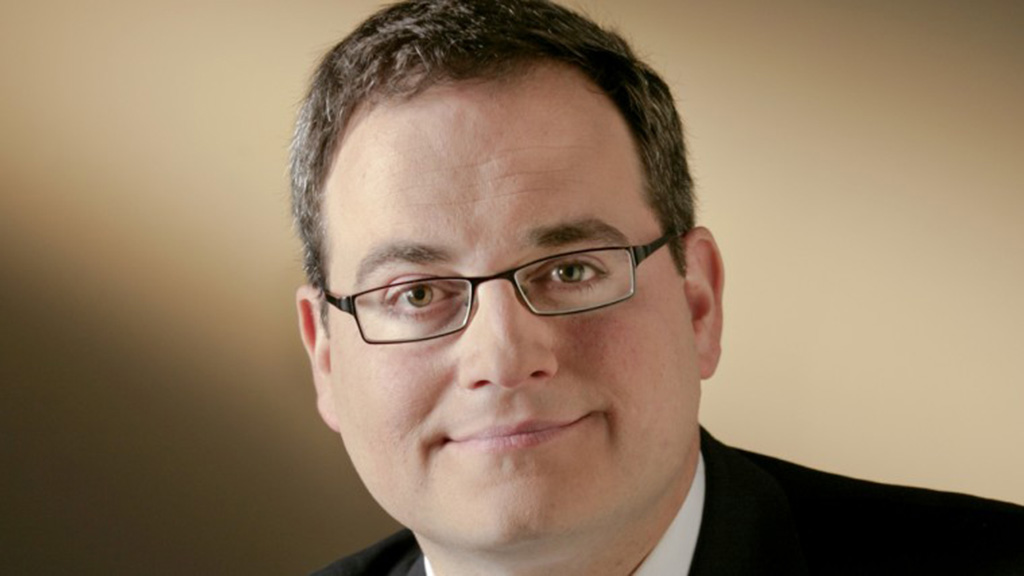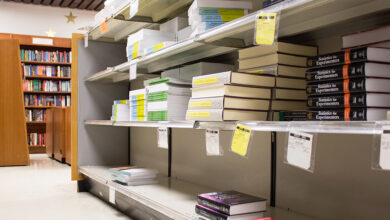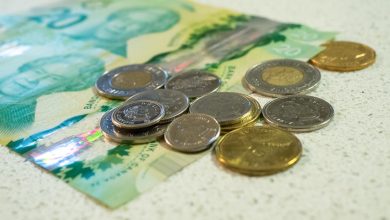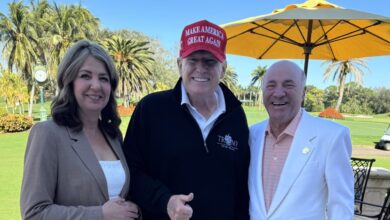 Supplied
SuppliedJournalism in Canada is in a state of self re-evaluation. The internet has profoundly altered storytelling, reader interaction, financial structures and careers. It has also led to bizarre occurrences, such as The Edmonton Journal and The Edmonton Sun sharing a single newsroom as editors alter stories to correspond to readers’ interests. This is an open acknowledgement of media bias.
Journalistic practice is also being questioned. Scrutiny of a media source appears in the comments sections of a source’s own articles while university Arts classes have trained students to perceive bias, making journalistic objectivity a highly problematic concept. “Balance” is achievable, but bias appears not only in who is interviewed but in the representation of voices, in headlines, in verb and adjective choice, in structuring narratives, in what/who is ignored etc. Claims in the ethics guidelines of the CBC (“We are independent of (…) all political and economic influence“), The Canadian Press (“Everything that we do must be honest, unbiased and unflinchingly fair“) and The Canadian Association of Journalists (“We do not allow our own biases to impede fair and accurate reporting“) are difficult to defend after a little analysis of their news articles.
Ezra Levant’s The Rebel Media doesn’t practice traditional journalism. Rather than trying to conceal its bias under the pretence of objectivity, the organization flaunts its agenda. Levant consistently associates immigrating Muslims with Sharia Law and he has the tendency to characterize anything slightly liberal and in opposition to his views as “the left.” Meanwhile, Lauren Southern’s hot takes could melt polar ice caps.
According to J-Source, on Feb. 3, The Rebel’s Sheila Gunn Reid was denied access to a joint press briefing by Premier Rachel Notley and Prime Minister Justin Trudeau. According to Jason Fung, Justice Department lawyer, and Cheryl Oates, the Premier’s communications director, the Alberta government justified this decision by not considering Levant a journalist.
The government’s justification was weak. Even if it doesn’t consider Levant to be a journalist, there was no reason to exclude someone working for The Rebel. And even if the government considered Reid a non-journalist, the government shouldn’t decide who and who shouldn’t be journalists. After a day of criticism, the government conceded that it had “made a mistake.” “In the meantime, no one will be excluded from government media events,” Oates wrote.
It’s difficult to believe that Levant is a lawyer and would make some of his conclusions based on his presented evidence, but The Rebel seems above all to be a project in performance. Levant seemed utterly disingenuous when he claimed “Unfortunately we’ll have to sue the government” since The Rebel is earning media attention. The Rebel (a juvenile name) is carnivalesque as Levant interviews random people and as it posted a photo of Premier Rachel Notley in mid-maniacal laugh on a website called “Notley is a Bully” featuring a petition and a crowd funding campaign for The Rebel to sue the government.
The Rebel’s combination of satire, camp, provocation and clownish behaviour with truth claims is unacceptable by conventional media standards, but the organization occasionally succeeds in holding established news sources accountable. As opposed to the CBC, which published many articles representing Roosh V by choosing whichever quotes they liked from his website in order to represent him, The Rebel interviewed him at least twice and allowed him to represent himself (Roosh V still has despicable views). The Rebel also managed to provoke Toronto Star columnist Catherine Porter to lie in her own column as she misrepresented an encounter with Levant at a climate change protest. There are concealed representation problems in mainstream media that would go unnoticed if not for The Rebel.
This isn’t to say that The Rebel doesn’t have its own representation problems: Levant is bound to spin and ignore facts to suit his arguments. But in spite of dubious reliability, egotism and distastefulness, The Rebel has proven to be a necessary voice in Canadian media discourse now because like VICE, The Rebel is unafraid of embarrassing itself and asking questions others won’t.
Most significantly, Levant’s commentary-centered approach challenges journalistic essentialism. As the media landscape evolves, the responsibility of verifying truth claims belongs as much to readers as it does to journalists. Readers must read a multiplicity of sources rather than fully trust individual ones: the reader’s burden resembles what journalists must do. Levant understands this. The Rebel’s refusal to take itself too seriously invites readers to be skeptical not only of other media, but of itself.
Not all media should become as flamboyantly biased as The Rebel: there’s a difference between acknowledging bias and flaunting it. But media organizations should be honest about their own bias, and people should pay attention to The Rebel even if they think Levant is a clown.





After just 2 years, the Rebel has a staff of 44 and White House accreditation. Watch out MSM!
I literally just read like 10 articles about The Rebel and as i was about to give up i found this one. In my opinion it says all that should be said on the matter. I guess the content of the rebel media is taken to the limist simply because the opposing views are much too often extreme. So if you want to balance out the liberal mainstream propaganda in the mind of an average citizen you might need to be sharp. They just offer the other ponit of view, give food for tought, but still nobody should agree blindly, same goes by dismissing everything they say. Thanks for the sensible article, at last.